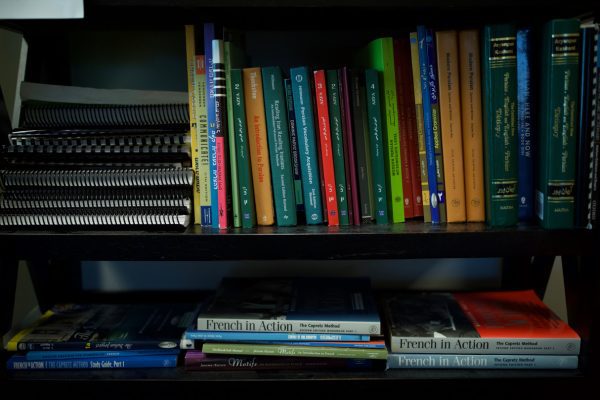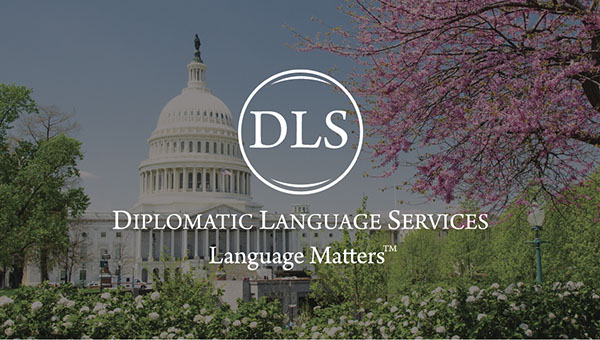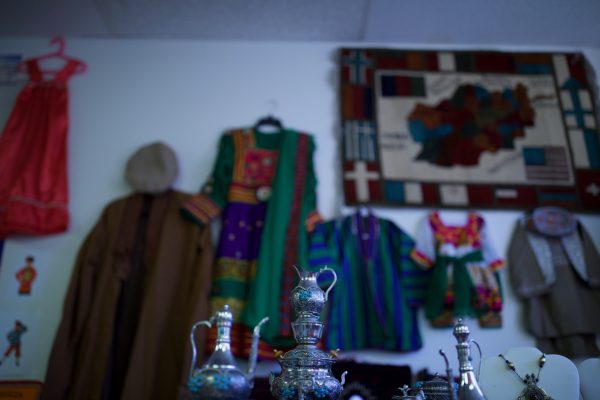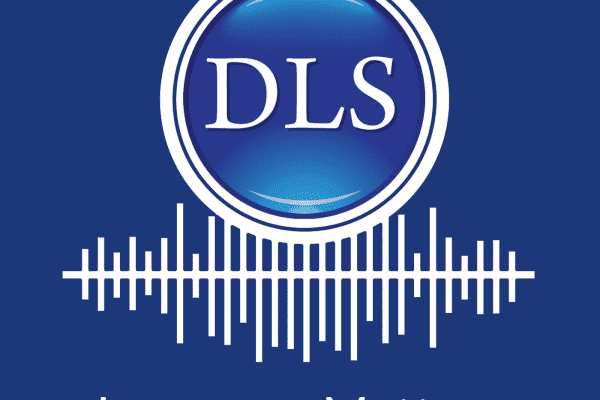In today’s global workplace, cultural intelligence at work has become a key factor in team success, cross-cultural collaboration, and professional growth. At DLS, we see firsthand how language training helps professionals develop the skills they need to thrive in multicultural environments.
What Is Cultural Intelligence?
Cultural intelligence is the ability to relate to and work well with people from different cultural backgrounds. It’s not just about learning facts about other cultures. It’s about being able to adapt your behavior, understand different perspectives, and communicate respectfully and clearly in unfamiliar situations.
People with strong CQ are more successful in diverse teams. They listen better, build trust faster, and avoid the kinds of misunderstandings that can hurt collaboration.
Organizations that prioritize CQ see stronger international relationships, more inclusive work environments, and better business outcomes overall.
Why CQ Matters in Today’s Workplaces
Many of us now work with colleagues, clients, or partners who are based in other countries or come from different cultural backgrounds. Even if you’re working in one location, the workplace is likely multicultural.
Without cultural intelligence, small missteps can lead to confusion, frustration, or even damaged relationships. Something as simple as how feedback is given or how meetings are run can vary widely across cultures.
But when teams have high CQ, they’re more flexible, respectful, and productive. They adapt to one another and work through challenges with greater ease.
How Language Training Builds Cultural Intelligence
One of the most effective ways to build CQ is through language learning. At DLS, we see this connection all the time.
When someone starts learning a new language, they also start to notice how that language reflects the culture. Whether it’s how politeness is expressed, how questions are asked, or how conversations flow, these insights go far beyond vocabulary and grammar.
Language learners become more aware of things like context, tone, and nonverbal communication. They learn to pause, observe, and ask questions before making assumptions. These are all core components of cultural intelligence.
In short, language training helps people not just speak another language, but think and interact in a way that respects different cultural norms.
How We Support CQ at DLS
Our programs at DLS are built around the idea that language and culture are deeply connected. We work with professionals in government, global business, education, and nonprofit sectors who need more than just language proficiency. They need to operate confidently in multicultural settings.
We offer:
-
Language training with integrated cultural content
-
Immersion programs that give learners real-life context
-
Support for teams working in international or cross-cultural environments
We tailor our training to meet the goals and challenges of each learner or organization, whether they’re preparing for overseas assignments or working in diverse teams here at home.
Technology is changing quickly, but the ability to connect with people across cultures is still a human skill. Cultural intelligence helps people build stronger relationships, avoid misunderstandings, and lead more inclusively. It’s one of the most important skills a modern professional can develop.
Language training is a powerful way to start building CQ. It helps learners see the world from a new perspective and prepares them to work more effectively with others, no matter where they’re from.
Want to learn more about how we integrate cultural learning into our programs? Here’s a closer look.




